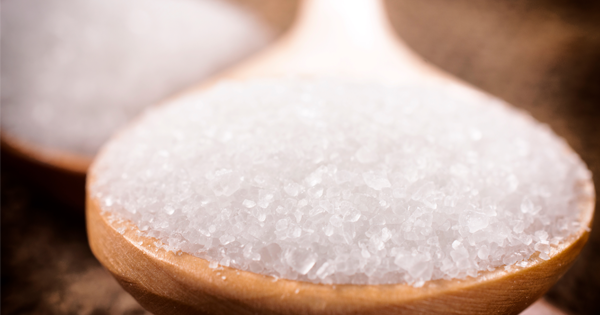Advertisement
Salt is an abundant resource on earth. It’s easy to find because it’s everywhere.
So table salt and sea salt shouldn’t be sources for worry.
But now, studies have found tiny bits of plastic, called “microplastics,” in sea salt, lake salts, and rock/well salts throughout China.
The study looked at 15 different brands of salt, looking for microplastics that are said to be risky to the environment and to human health.
Quartz reported that these microplastics “are a particular threat to organisms due to their small size and their capacity to absorb persistent organic pollutants.”
The results of the study were not promising. There were high levels of microplastics found in table salt, but sea salt was the worst offender, at 1,200 particles per pound. This would mean that eating these sea salts would mean humans eating 1,000 plastic particles every year.
Right now, these salts are only found in Chinese food stores. But this is only because the study was only done on Chinese salts. Sherri Mason, an environmental science researcher at the State University of New York Fredonia said that they’re probably in American salts, too.
“Plastics have become such a ubiquitous contaminant, I doubt it matters whether you look for plastic in sea salt on Chinese or American supermarket shelves.”
China is also the world’s largest salt producer, meaning that you don’t have to live in China to get contaminated salt.
Microplastics have also been found in waterways and cosmetics. It’s a problem that’s on the rise, and that only a few states have done anything to regulate. Now that it’s in our salt, it may be time to take a look at how to deal with this problem.
Until then, use salt wisely.




